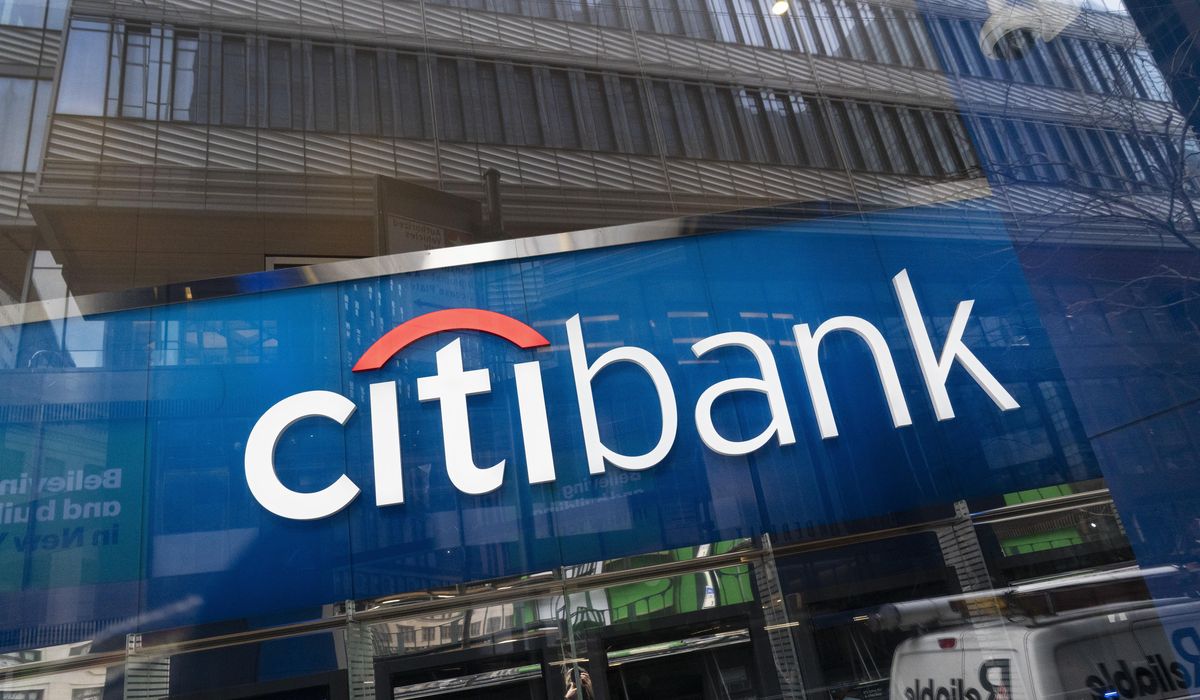


A half-dozen more of some of the world’s largest financial institutions could soon be blacklisted by West Virginia for their support of the climate-conscious investing strategy known as ESG, or environmental, social and corporate governance.
State Treasurer Riley Moore has warned six major banks they’ll be banned from state business for what the Republican says is their role in boycotting fossil fuel and threatening West Virginia’s energy-rich economy.
“We must remain vigilant to ensure we do not entrust state funds to banks that are engaged in coordinated political efforts to destroy our state’s critical industries,” Mr. Moore said. “My action represents our continued commitment to protect taxpayer dollars from harmful ESG policies.”
The banks include Citibank, TD Bank, BMO Bank, Fifth Third Bank, Northern Trust and HSBC Holdings, according to notices obtained through a public records request.
The notices were sent Friday and revealed on Monday.
Citibank declined to comment. The rest didn’t immediately respond to requests for comment.
The warnings from Mr. Moore are an escalation of his fight against ESG, which conservatives assail as woke capitalism. Mr. Moore, running for a U.S. House seat, was an early ESG opponent and helped pave the way for other red states and congressional Republicans to take the anti-ESG fight nationally.
Under a 2022 state law, Mr. Moore created the Restricted Financial Institution List and ceased business with five Wall Street giants for their ESG activity: BlackRock, Goldman Sachs, JPMorgan Chase, Morgan Stanley and Wells Fargo.
The latest six banks will also be placed on the list April 7 unless they provide information by March 23 “demonstrating that [they are] not engaged in a boycott of energy companies.”
Mr. Moore pointed to Bank of America as evidence there’s still time for the banks to avoid landing on his boycott list. In its updated Environmental and Social Risk Policy Framework published this month, Bank of America backtracked on a previous pledge to no longer finance certain fossil fuel projects, including coal mines, coal-burning power plants and Arctic drilling.
“Some institutions, such as Bank of America, have recently been proactive in adjusting their corporate policy statements to return to fairer, more objective treatment of our coal, oil and natural gas industries,” Mr. Moore said. “As I’ve said all along, we just want banks to act like banks and judge these companies on sound, objective financial metrics rather than subjective political factors.”
• Ramsey Touchberry can be reached at rtouchberry@washingtontimes.com.
